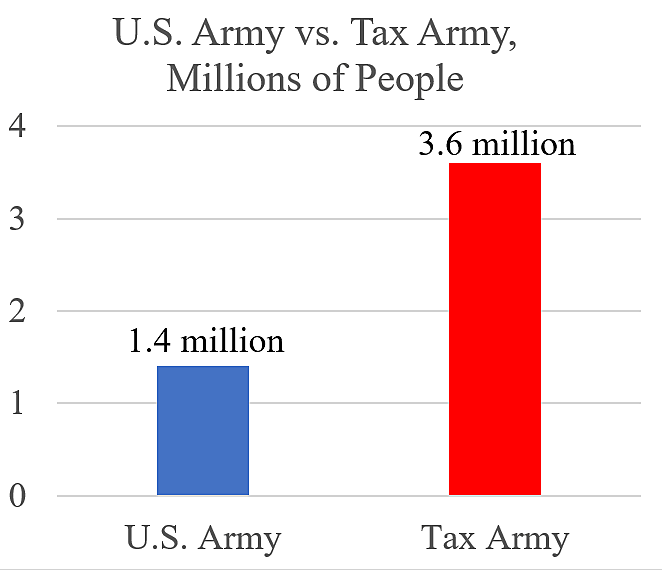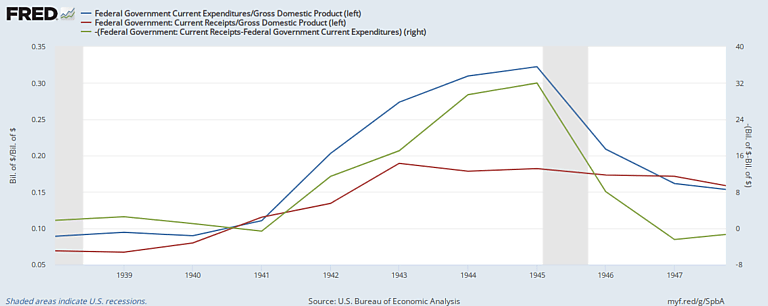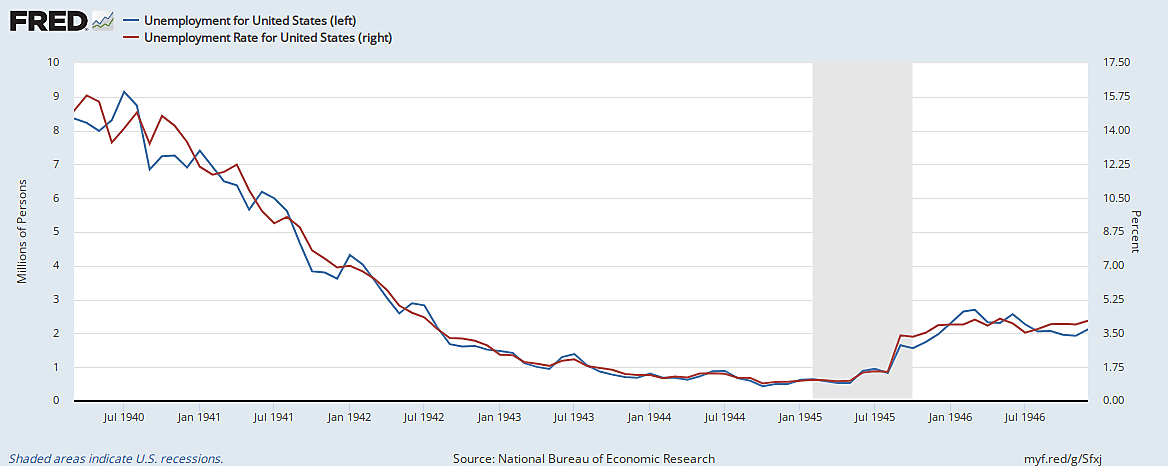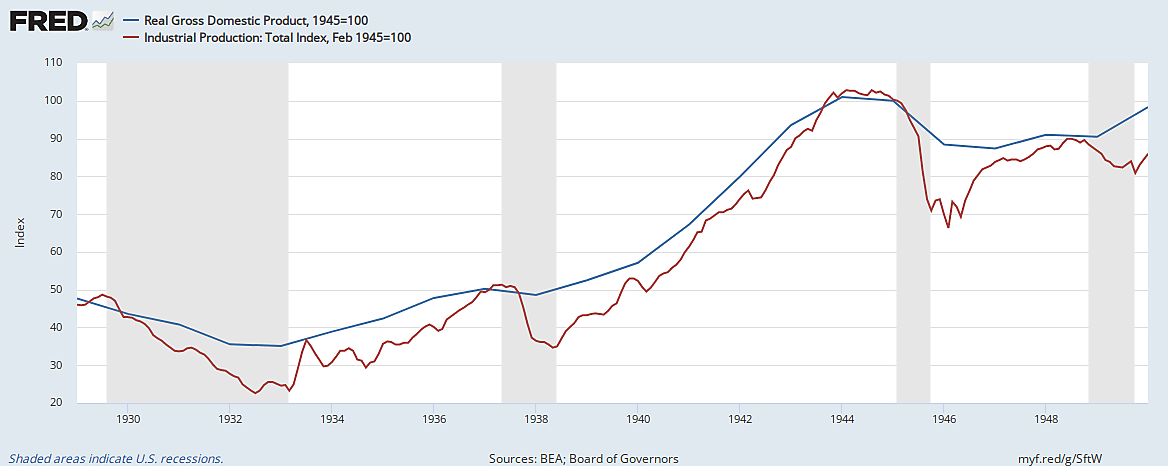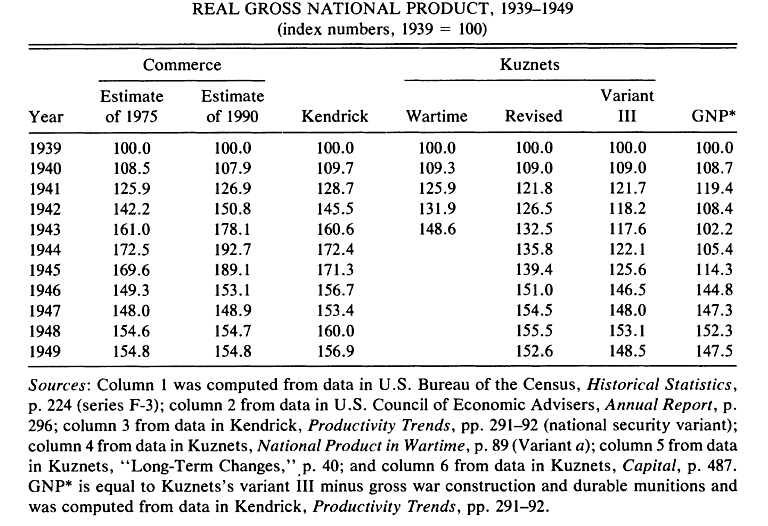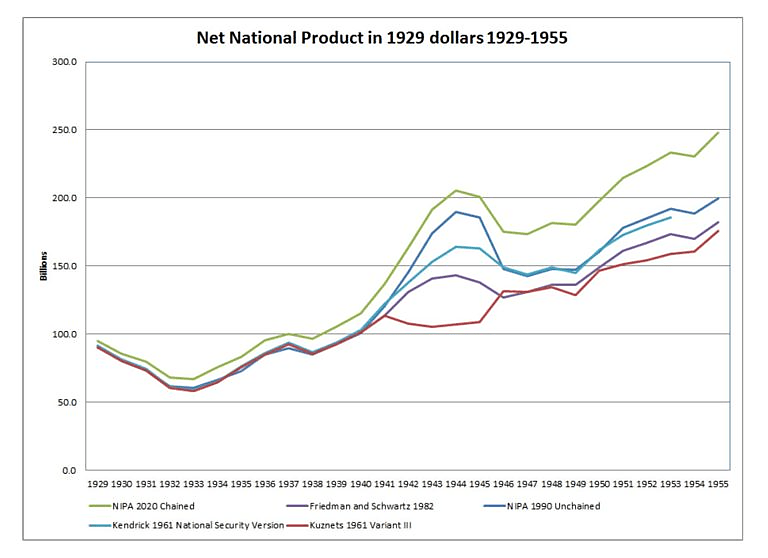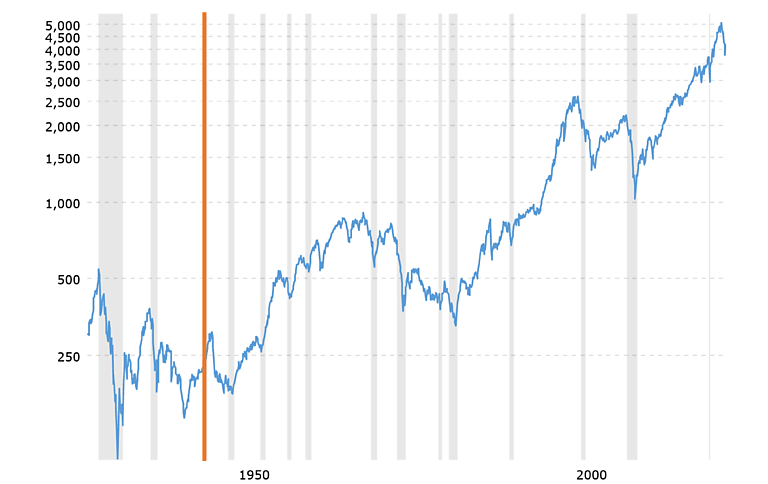The Washington Post recently reported on the logistic and technological failings of the United Network for Organ Sharing (UNOS), the private non-profit agency with a government-enforced monopoly on the United States’ system of procuring organ donations and matching donated organs to the over 100,000 people waiting for them. A report from the White House US Digital Service found that UNOS has been ineffective, lacks transparency, and relies on outdated software, with frequent system failures and cybersecurity concerns. While UNOS has resisted efforts to modernize and reform, these problems have necessitated billions of dollars every year for continuing medical treatments like dialysis and meant that the organ donation system has failed to prevent the deaths of thousands who could have been saved by getting a donated organ.
UNOS, and the entire organ donation system, is sorely in need of reform, but the ultimate issue with US organ donation is that there is a supply shortage caused by laws banning compensation for donors. The Summer 2022 issue of Regulation features ideas on how to overhaul the system from some of the experts involved in efforts to change US organ donation policy.
Most of the current problems stem from the National Organ Transplant Act (NOTA) of 1984, which established the system of monopoly contractors to supply donated organs (organ procurement organizations (OPOs)) overseen by an organ procurement and transplantation network (OPTN). UNOS has been the OPTN since a contract was finalized in 1986.
At the same time, the NOTA banned the purchase of organs, making it a federal crime for “any person to knowingly acquire, receive, or otherwise transfer any human organ for valuable consideration for use in human transplantation if the transfer affects interstate commerce.” The justification for this ban was to prevent the exploitation of the poor by wealthy patients in need of organ transplants, but its effect has been to severely curtail the availability of donated organs.
The easiest way to address the shortage would be to provide some type of incentive for organ donors. As Van Doren has discussed previously, many people have animosity towards the sale of human organs. But if it is not immoral to do something for free, then it is not immoral to do it for money: “Adding money to a transaction never turns an otherwise moral exchange into an immoral one.”
The potential benefits of paying donors softens people’s animosity towards the idea, as long as the system is designed to limit the possibility of exploitation. Mario Macis, a Johns Hopkins University economist, describes his research on public attitudes towards compensation for kidney donation. In a survey of more than 2,500 people, Macis and his colleagues found that attitudes toward paying kidney donors depend both on ethical considerations and the potential for reducing the United States’ kidney shortage. Macis explains:
These results suggest that a majority of Americans would support compensating organ donors if the system were governed by a public agency ensuring transparency and fairness. The system with the highest support was one with non‐cash compensation (such as contributions to a retirement account) provided by a public agency. Support for such a system ranged from 64% to 77%, depending on its hypothesized effect on lives saved.
Along these lines, Josh Morrison and Sammy Beyda of the advocacy group Waitlist Zero suggest emulating Israel’s donor support system. Israel provides living organ donors with temporary benefits such as an exemption from the national health insurance tax, reimbursement for health, life, and disability insurance expenses, paid time off from work, therapy, a recuperative vacation, and reimbursement for travel expenses. Since implementation in 2008, living donation rates in Israel have quadrupled. Morrison and Beyda estimate that a similar program in the United States with a similar increase in donations would save about 18,000 lives and billions of dollars per year.
Sally Satel and Alan D. Viard of the American Enterprise Institute propose more direct compensation through a $50,000 tax credit for living donors and a $5,000 tax credit for deceased donors. The physical and emotional health of prospective donors would be carefully screened, and there would be a six-month waiting period to deter people from donating organs impulsively or under duress. Satel and Viard note that opponents might view such compensation as “commodifying the body,” but argue that this concern is misplaced:
Recipients would not be allowed to buy organs; instead, donors would receive compensation from the government for contributing to the public good. When a transplant is performed, the surgeons and hospitals are paid, as are the agencies that obtain and transport the organs in the case of cadaveric organs. Currently, the only entity in the entire process that does not receive any compensation for its contribution is the donor, who bears a modicum of risk and myriad costs as well.
Even with some form of compensation for donors, as long as there is not a pure free market for organ donation, the system the government relies on for matching donated organs to potential recipients requires reform. Abe Sutton, former White House domestic policy advisor, proposes several reforms to the system of OPOs and OPTN to improve their performance. Most notably, Sutton argues that organ procurement policy has prioritized the incumbency and monopoly of the current system participants at the expense of patients. The system should be opened up to competition through standard government contracting procedures. Furthermore, Sutton proposes reforming governance of the OPTN, separating the policy-making and technological functions of the OPTN, opening the technology component to all bidders to better identify the best vendors, and making de-identified OPTN data publicly available to increase the transparency of the system.
The Post’s report on the current issues with UNOS, and its refusal to be transparent and to modernize, highlight the need for the reforms Sutton suggests. Even with a more effective procurement and matching system, however, the fundamental problem of the supply shortage would remain. The most direct way to address this shortage would be incentivizing donors, who currently endure the risks and costs of organ donation without any financial compensation.
